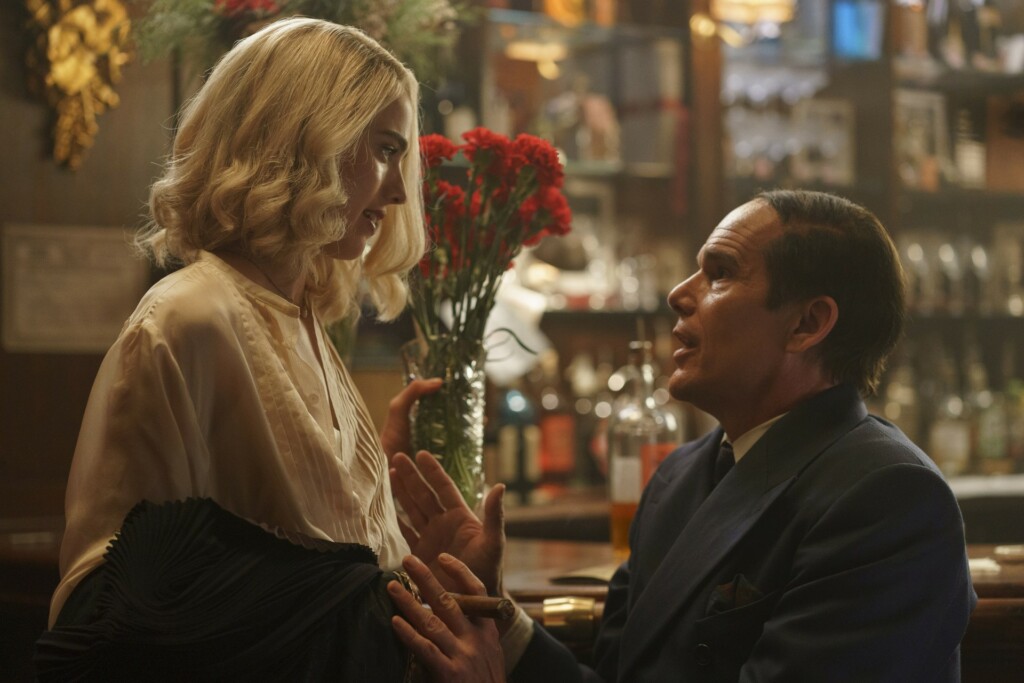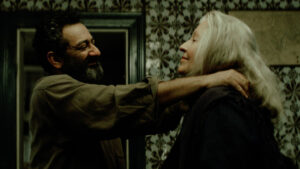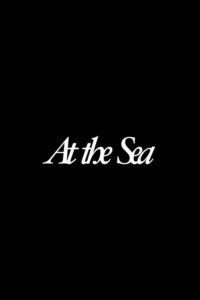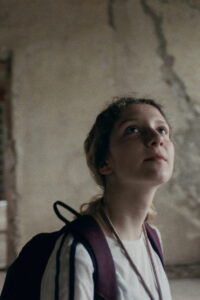A film by Richard Linklater
With: Ethan Hawke, Margaret Qualley, Bobby Cannavale, Andrew Scott, Jonah Lees, Simon Delaney, Cillian O’Sullivan, Patrick Kennedy, Caitríona Ennis
On the evening of March 31, 1943, legendary lyricist Lorenz Hart confronts his shattered self-confidence in Sardi’s bar as his former collaborator Richard Rodgers celebrates the opening night of his ground-breaking hit musical “Oklahoma!”.
Our rate: ***
Richard Linklater temporarily abandons comedy to return to a stylistic exercise in which constraint both compels and sets limits. First, Linklater makes marvelous use of a correspondence between Lorenz Hart and a young woman he has fallen in love with. He then imagines a scene that would make a magnificent play, in which the situation leads the artist to experience opposite feelings for an evening, forcing him to put on a brave face in society, while at the same time using each of the characters present to share his feelings, at the same time as he bitterly observes that his world is collapsing, that society has not forgiven him for his torments, and that he has already been replaced in the hearts of those who shared his success. It’s a moment that’s by turns playful, humiliating, moving, but also shameful, and in order for it to reach us, it had to be embodied by an excellent actor, such as Ethan Hawke, a serious contender for the Silver Bear with Andranic Manet. The other performers are overshadowed, pushed into the background by the verve of the main character, and the obvious sincerity of the text and expressions. The elegant staging makes the most of this piano bar, with its velvety furnishings characteristic of a bygone era, although we would have preferred Link to have been the setting for such a project. What’s more, the intelligence of the text, the psychological details it reveals, and the in camera, pseudo-real-time setting are reminiscent of two successful French auteur films: Louis Malle‘s highly challenging, conceptual My Diner with André – an undeniable critical success on the other side of the Atlantic – and Jacques Rivette‘s highly successful and disturbing La Belle Noiseuse, which probes very precisely a very particular feeling linked to artistic creation and the link between desire and creation.










Be First to Comment